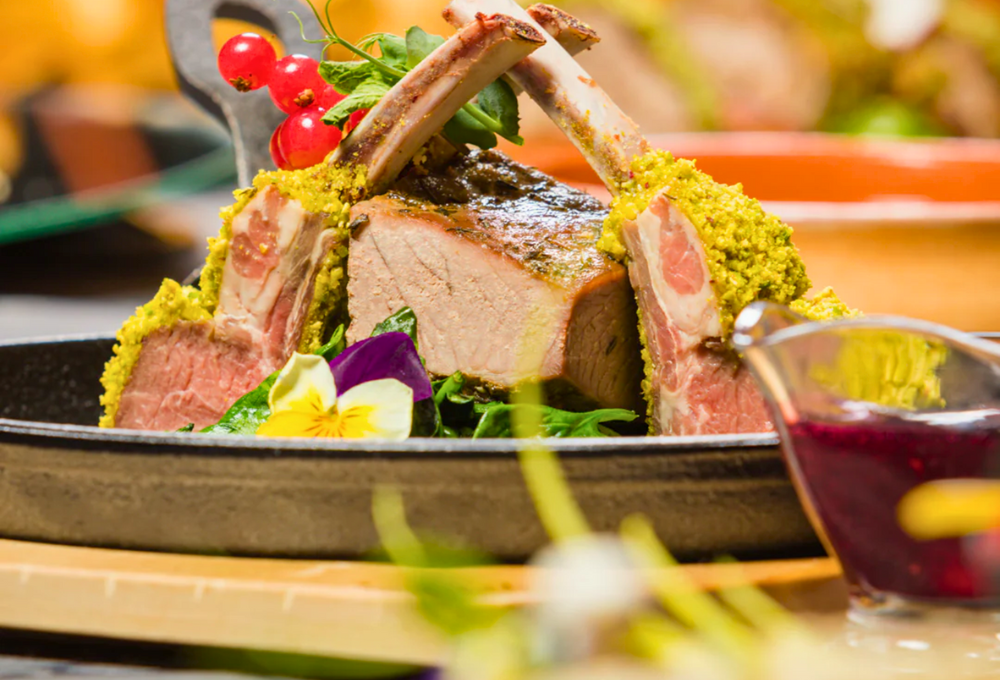Caring for a sick loved one can be challenging. But did you know that the right nutrition can significantly impact their recovery? Food isn't just fuel; it's a powerful healing tool. This guide will help you support their journey back to health with nourishing meals and expert tips.

The Power of Food in Healing
When illness strikes, our bodies need extra support to rebuild strength and immunity. By providing nutrient-rich foods, we give them the resources they need to heal from within.
- Boosting Immunity: Foods rich in vitamins C and E, zinc, and beta-carotene strengthen our defenses against infection.
- Supporting Gut Health: A healthy gut is crucial for overall well-being. Probiotic-rich foods like yogurt and prebiotic foods like bananas and oats help restore gut balance.
- Balancing Energy Levels: Nutrient-dense carbohydrates provide sustained energy, while iron-rich foods combat fatigue.
- Reducing Inflammation: Anti-inflammatory foods like berries, olive oil, and nuts help the body heal more efficiently.

Hydration: The Cornerstone of Recovery
Adequate hydration is vital, especially after illnesses involving fever, diarrhea, or vomiting.
- Water: Encourage frequent sips throughout the day.
- Electrolyte-rich Fluids: Oral rehydration solutions, coconut water, or homemade broths replenish lost electrolytes.
- Herbal Teas: Chamomile or peppermint tea can be soothing, while ginger tea may help with nausea.

Reintroducing Food Gradually
Start with simple, easily digestible foods like:
- Plain rice or toast
- Bananas
- Scrambled eggs
- Steamed white fish
- Plain yogurt
Gradually introduce a wider variety of foods as their appetite and tolerance improve.
Key Nutrients for Recovery:
- Vitamins and Minerals: Focus on vitamin C, zinc, iron, and vitamin D.
- Healthy Fats: Include omega-3 fatty acids from sources like salmon and flaxseeds.
- Fiber: Incorporate whole grains, fruits, and vegetables for digestive health.
Easy-to-Prepare Healing Meals:
- Chicken or vegetable soup
- Smoothies
- Simple omelettes
- Porridge or oatmeal
Foods to Avoid Initially:
- High-fat, fried foods
- Spicy foods
- Highly processed and sugary foods

Special Considerations for Children:
Offer small, frequent meals and make mealtimes fun and engaging.
Conclusion
By providing nourishing meals, prioritizing hydration, and understanding their specific needs, you can significantly support your loved one's recovery. Remember to consult with a healthcare professional for personalized dietary advice.
Note: This is a general guide. Always consult with a healthcare professional or registered dietitian for personalized dietary advice, especially for complex illnesses or medical conditions.
Thank you to Theresa from Your Family Nutritionist for the advice in this blog






